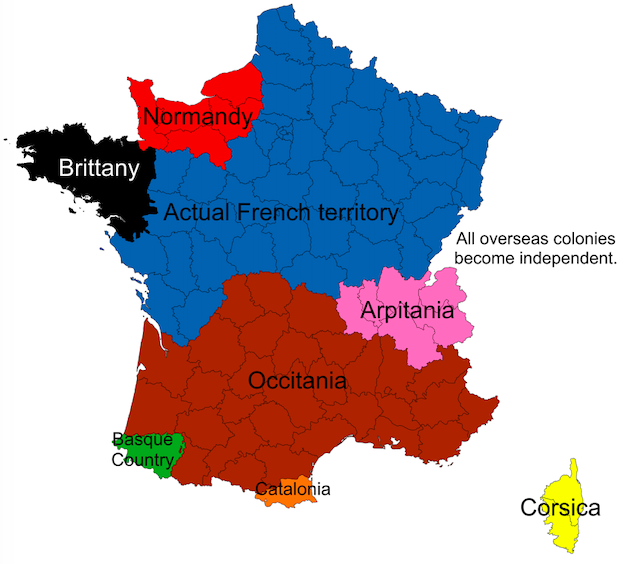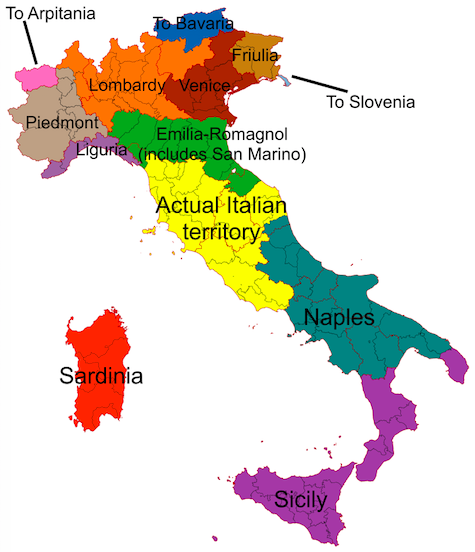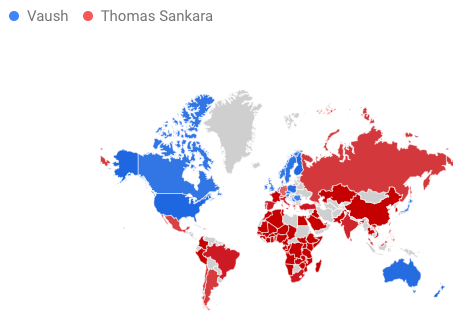ledlecreeper27
In terms of the effect that striking would have, infrastructure and transportation would be important.
The Socialism for All YouTube channel has a lot of audiobooks.
Socialism for All has a video about Duginists.
Soros is a right-wing billionaire who funds color revolutions but since he is Jewish a lot of fascists think he’s actually a leftist who secretly controls the world. He would have been only 14 at the end of World War II so it seems unlikely that he could have helped the Nazis.
It’s the left wing of the Kuomintang that supported Sun Yat-sen but not Chiang Kai-shek and joined with the CPC during the civil war.
He was a Labor Zionist, which is basically just colonialism with social democratic welfare for settlers.
General:
Specific countries:










S4A also has a video on this.